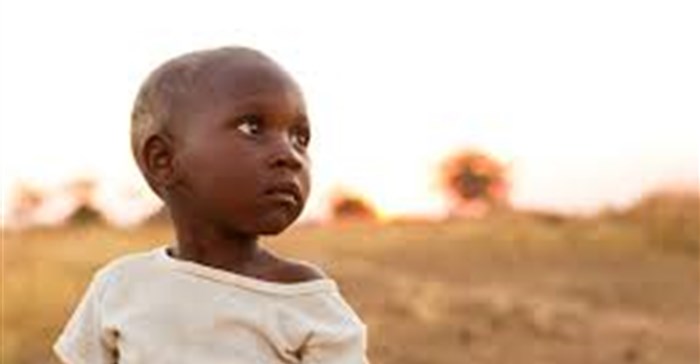A group of influential public and private sector leaders who aim to ensure malaria eradication remains a top global priority announced the launch of the End Malaria Council at the World Economic Forum meeting in Davos, Switzerland last week.
Among them is Bill Gates, co-chair of the Bill & Melinda Gates Foundation, who said: “The next chapter of the fight against malaria starts now." He co-authored a report with Ray Chambers, the UN secretary-general’s special envoy for health in agenda 2030 and for malaria in 2015 called Aspiration to Action: What will it take to end malaria?
“For the first time in history, we have a roadmap to a world without malaria – where no one has to die from a mosquito bite ever again. With renewed focus, innovation and new commitments of leadership and funding, we can be the generation to end malaria once and for all," Gates said.
The launch of the End Malaria Council comes just a month after the release of the World Health Organisation’s 2016 World Malaria Report, which showed remarkable progress in reducing cases and deaths from malaria since 2000, but also underscored the urgent need for global leadership, new funding and innovation to stay on track to meet targets.
Members of the End Malaria Council will work in collaboration with the Roll Back Malaria Partnership and other key partners to help countries and regions achieve their malaria control and elimination goals. Members of this unique group will use their voices and networks to support the work already underway by malaria field workers, scientists and experts by focusing on three areas: building political will, mobilising resources and supporting the development of new tools to find, prevent and treat malaria.
Besides Gates and Chambers, the other inaugural members of the council are:
- Peter Chernin, founder, Chernin Entertainment and The Chernin Group
- Aliko Dangote, president and chief executive, Dangote Group
- Idriss Déby, president, Republic of Chad (representing the African Leaders Malaria Alliance)
- Jakaya Kikwete, former president, United Republic of Tanzania
- Graça Machel, founder, Foundation for Community Development, Mozambique
- Luis Alberto Moreno, president, Inter-American Development Bank
- Ellen Johnson Sirleaf, president, Republic of Liberia
Thanks to strong leadership, smart investments and the hard work of the public and private sectors, the world has cut malaria deaths in half since 2000, saving more than 6m lives from the disease. Malaria-related deaths are at an all-time low, especially among children under five in sub-Saharan Africa. This can be largely attributed to the unprecedented delivery of more than 500m insecticide-treated bed nets over the last three years, along with significant expansion of diagnosis and treatment.
But malaria preys on the rural poor and the young, still killing a child every two minutes. It stunts productivity, burdens families with health care costs, limits educational achievement and slows overall economic growth.
“We have reached a critical juncture in the malaria fight,” said Chambers. “To end this disease we need a creative approach to financing – one that combines continued support from donor countries with new approaches to expand commitments, particularly from countries affected by malaria.”
Ending malaria is within reach, but the next few years are critical. Success requires maintaining the progress to date, achieving control in endemic countries and accelerating to elimination where possible. Leaders in Africa and Asia have adopted ambitious elimination agendas for their regions, and countries are working hard to achieve the reductions in cases and deaths to meet the bold goals.



































